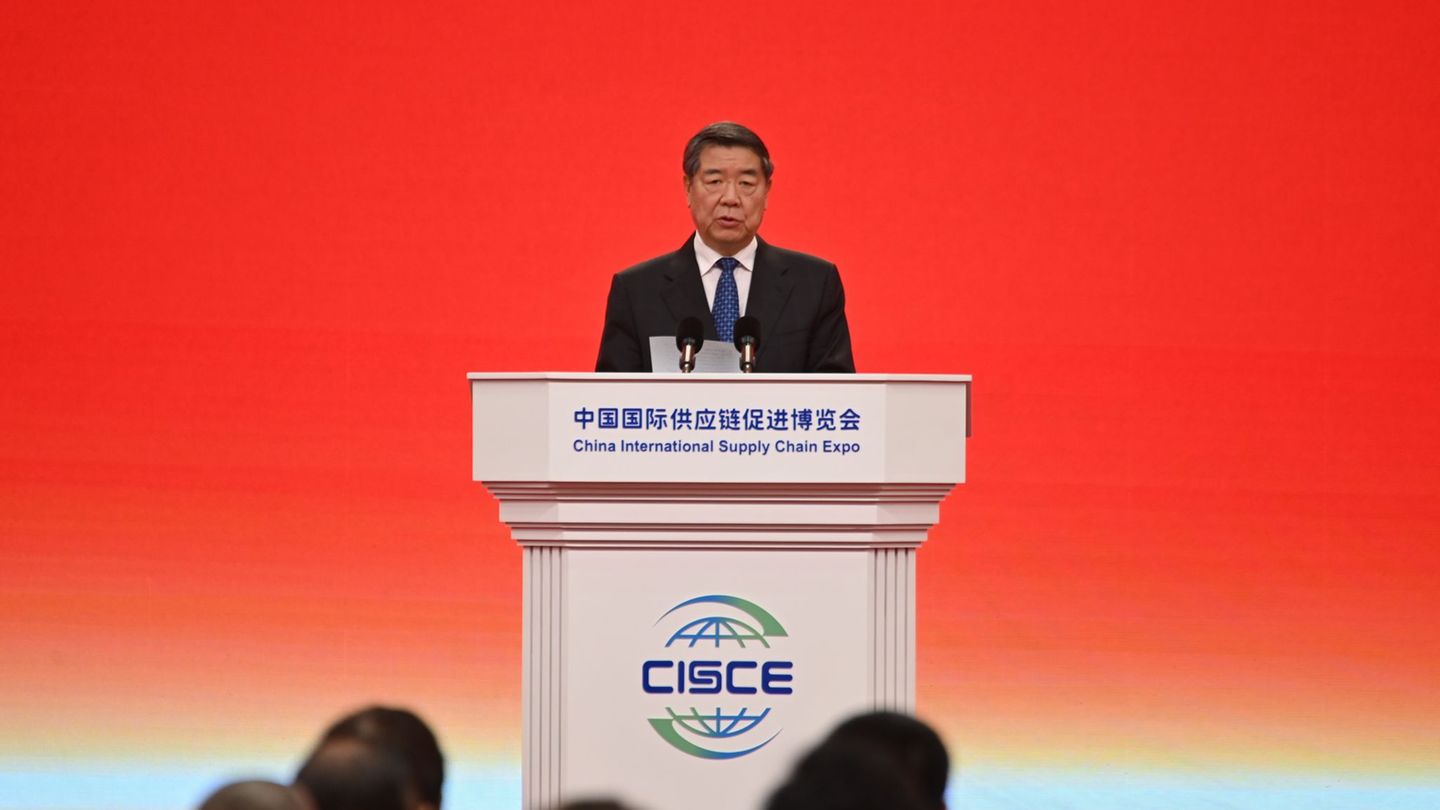The Government has launched the plan of “Regularization of Assets”commonly known as bleach. What is the government’s goal with this plan? Understanding this is central to making the right decision.
This money laundering had a revenue-raising objective. Typically, a 10% rate had to be paid and with the money raised, the government tried to carry out the so-called “Historic Reparation for Retirees” (which did not work because it did not manage to reduce the number of lawsuits filed by retirees against the State).
But there was a fundamental factor, which will not be present now: coercion. It was the logic of “whitewashing because the jurisdiction in which I am is going to expose me.”
The money laundering was necessary because an international automatic exchange of information treaty was coming into force that would reveal those who were in practically any jurisdiction in the world without declaring. This treaty is the Common Reporting Standard (CRS), which reports the balances and final beneficiaries of accounts between all countries that adhere to the treaty. The United States remained and remains outside of this treaty and has its own, called FATCA, which carries out exchanges at a bilateral level (IGA), but which does not report the final beneficiaries of companies in any case.
Milei’s money laundering: 100% incentive
In general terms, the money laundering proposed by Milei’s government is attractive in the simple fact that it can be achieved, in most cases, without having to pay any penalty. And for that, there is a very varied menu of investment alternatives that allow this objective to be achieved.
What is the goal? To put undeclared idle resources in the economy to work to boost economic activity, so that the country can grow as quickly as possible.
But the most important thing is this:
The government has a fiscal surplus and everything indicates that this will continue. Therefore, the government has no incentive to take advantage in the future of those who regularize their situation.
The Macri government always had a fiscal deficit and then Alberto Fernández ended up imposing an extraordinary tax on wealth because the problem of the fiscal deficit was never resolved.
In other words, the fierce fiscal adjustment that the government has carried out dramatically reduces the fiscal voracity of the Argentine State and, consequently, the probability that extraordinary taxes will be collected in the future.
Here are some of the strategic questions that need to be answered:
- If I believe that the government will be successful in its goal of sharply lowering inflation in the coming months, what would be the best alternative for investing without penalty?
- How can the rate I have to pay be affected if it turns out that my spouse, my father or a father-in-law also decides to participate in the whitening process?
- What calculations do I need to make to assess whether it is worth paying off five years of personal property in advance?
- If a person has gone to live outside of Argentina, can they be included in the whitening process? Does it have any special advantage?
- I am interested in building a house. Can I take advantage of whitewashing in any way?
These are some of the questions that everyone should be able to answer. But there are many others as well.
I know there is a lot of information about money laundering going around. All the media are talking about it but it is not easy to know where to start. The reality is that there is no single source of information that brings together all the doubts, and that is why it is difficult to find quality information.
In this link I leave you a questionnaire with 25 questions that you can ask yourself, and if you know how to answer them, you will be in optimal conditions to make the right decisions. I am convinced that it will be very useful to you. I have no doubts.
Note: The material contained in this note should NOT be construed in any way as investment advice or a recommendation to buy or sell a particular asset. This content is for educational purposes only and represents only the opinion of the author. In all cases it is advisable to seek professional advice before investing.
Source: Ambito
David William is a talented author who has made a name for himself in the world of writing. He is a professional author who writes on a wide range of topics, from general interest to opinion news. David is currently working as a writer at 24 hours worlds where he brings his unique perspective and in-depth research to his articles, making them both informative and engaging.




